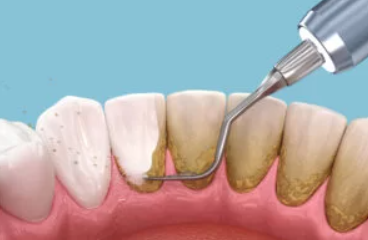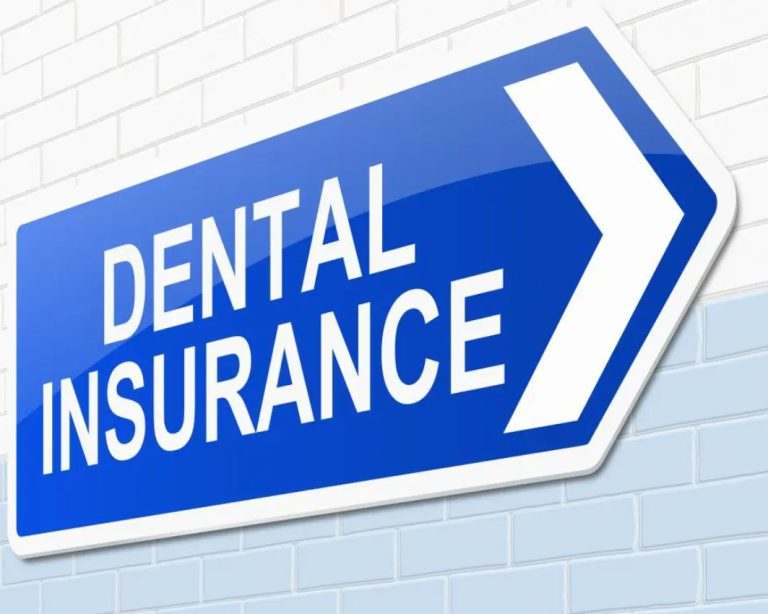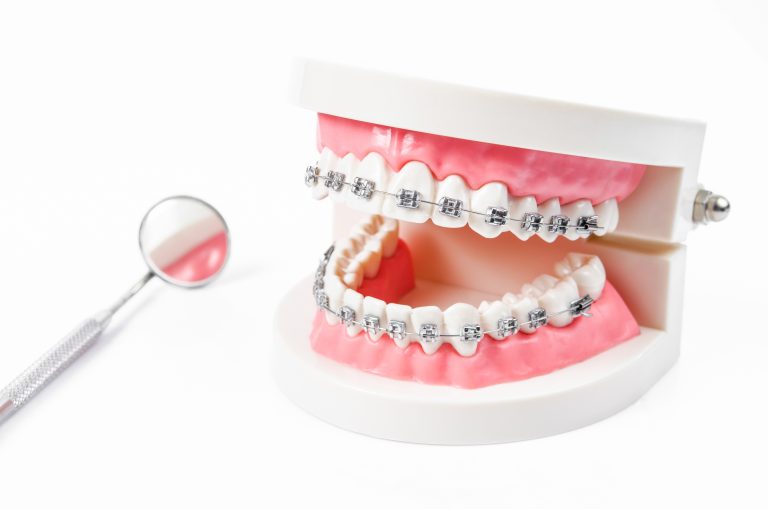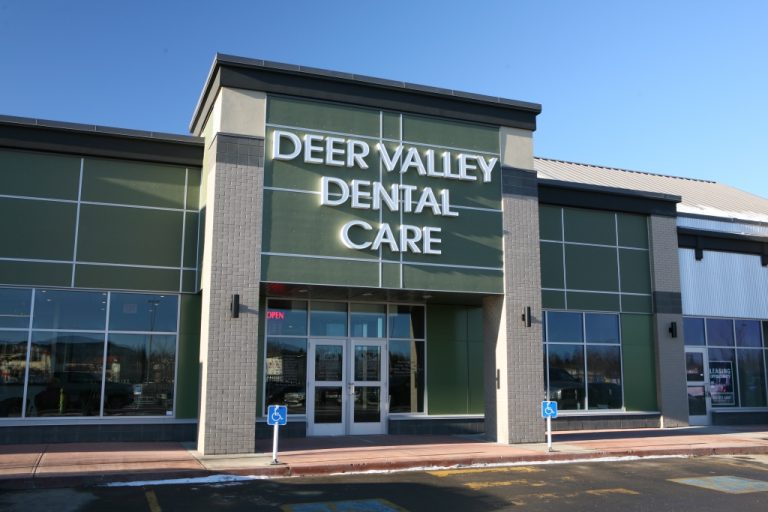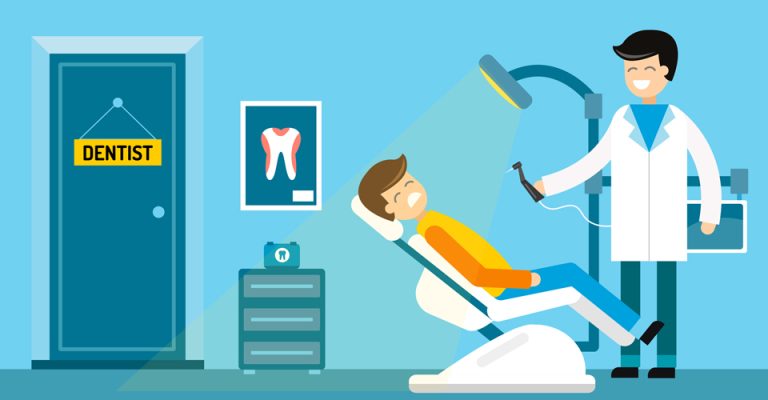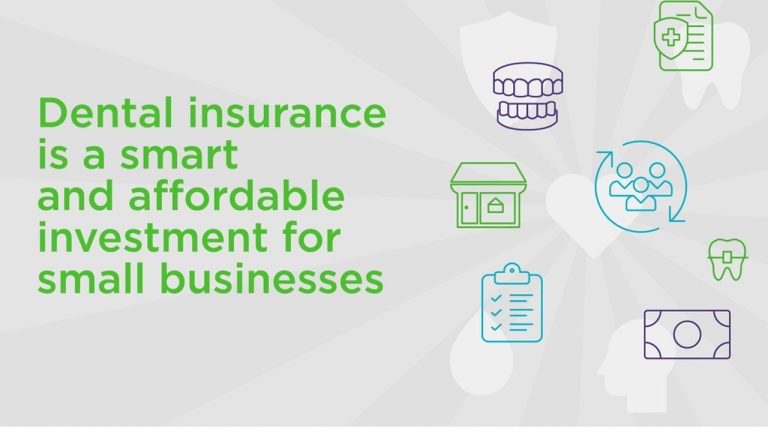Maintaining good oral health is crucial, and regular dental cleanings play a vital role in preventing cavities, gum disease, and other dental problems. However, many people are hesitant to schedule cleanings due to concerns about the cost. One of the factors that influence the out-of-pocket expense of dental cleanings is the copay for dental cleaning. In this exclusive article, we will explore the concept of copays for dental cleanings, the factors that influence their amount, and how you can manage these costs to ensure optimal oral health.
Contents
What is a Copay for Dental Cleaning?
Understanding the Concept
A copay for dental cleaning is a fixed amount that you pay out of pocket when you receive a dental cleaning. It is part of your dental insurance plan and is typically a lower amount than the full cost of the cleaning. Copays are designed to share the cost of dental care between you and your insurance provider.
The Role of Dental Insurance
Dental insurance plans vary widely in their coverage and benefits. Some plans may cover preventive care, such as cleanings, at 100%, while others may require a copay. The amount of the copay can also vary depending on your specific plan and the dental office you choose.
Factors That Influence Copay Amounts
Type of Dental Plan
The type of dental insurance plan you have plays a significant role in determining your copay for dental cleaning. Generally, plans with higher monthly premiums tend to have lower copays, while plans with lower premiums may have higher copays.
Network vs. Out-of-Network Providers
Most dental insurance plans have a network of preferred providers. If you choose a dentist within the network, you will likely have a lower copay than if you choose an out-of-network provider.
Frequency of Cleanings
Some dental plans limit the number of cleanings they cover per year. If you need more frequent cleanings due to specific oral health conditions, you may have to pay a copay for additional cleanings beyond the covered limit.
Additional Services
If your cleaning involves additional services, such as X-rays or fluoride treatments, you may have to pay separate copays for these services.
Managing the Cost of Dental Cleanings
Choosing the Right Dental Plan
When selecting a dental insurance plan, carefully review the coverage for preventive care, including copay for dental cleaning. Consider your oral health needs and choose a plan that provides adequate coverage at an affordable premium.
Utilizing In-Network Providers
Whenever possible, choose a dentist within your insurance plan’s network to take advantage of lower copays.
Maximizing Preventive Care Benefits
Schedule your dental cleanings at the recommended frequency to prevent more extensive and costly dental problems.
Dental Discount Plans
If you don’t have dental insurance or if your plan has high copays, consider enrolling in a dental discount plan. These plans offer reduced fees for dental services, including cleanings, at participating dental offices.
Negotiating with Your Dentist
In some cases, you may be able to negotiate the copay for dental cleaning with your dentist, especially if you are a long-term patient or if you are paying cash.
The Importance of Regular Dental Cleanings
Preventing Dental Problems
Regular dental cleanings are essential for removing plaque and tartar buildup, which can lead to cavities, gum disease, and tooth loss.
Maintaining Overall Health
Oral health is closely linked to overall health. Poor oral hygiene has been associated with an increased risk of heart disease, stroke, diabetes, and other systemic conditions.
Early Detection of Oral Cancer
During your dental cleaning, your dentist will perform an oral cancer screening to identify any early signs of oral cancer.
Boosting Confidence
A healthy smile can boost your confidence and self-esteem, improving your overall quality of life.
Conclusion
The copay for dental cleaning is an important factor to consider when managing the cost of dental care. By understanding the factors that influence copays, choosing the right dental plan, and utilizing available resources, you can ensure that you receive regular dental cleanings to maintain optimal oral health. Remember, investing in preventive care today can save you from more extensive and costly dental problems in the future.
Frequently Asked Questions (FAQs)
1. How often should I get a dental cleaning?
Most dental professionals recommend getting a dental cleaning every six months. However, some individuals may need more frequent cleanings depending on their oral health needs.
2. Can I get a dental cleaning without insurance?
Yes, you can get a dental cleaning without insurance. However, you will be responsible for the full cost of the cleaning. Consider enrolling in a dental discount plan or negotiating with your dentist for reduced fees.
3. What if I miss my dental cleaning appointment?
If you miss your dental cleaning appointment, reschedule it as soon as possible. Skipping cleanings can increase your risk of dental problems.
4. Are there any alternatives to dental cleanings?
While there are some at-home oral care practices that can help maintain oral hygiene, they are not a substitute for professional dental cleanings.
5. How can I find an affordable dentist near me?
You can use online resources, such as dental directories or insurance plan websites, to find affordable dentists in your area. Consider asking friends and family for recommendations as well.
Read More: Pay for Dental Work: A Comprehensive Guide

